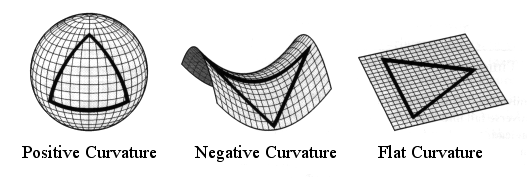After reading Does the universe have a center? and trying to find a place in my mind for "There exists no center", I asked myself:
If there is no center, in what direction our universe will collapse, as soon that time has come? Does this mean the collapse will happen in an instant everywhere?
And if not so, couldn't we say, the center is that point where the collapse finishes(Even if we couldn't determine where this will be)?
ps.: While writing this I made a scene in my had where a spherical object is expanding in every direktion without adding any matter to it and without the posibillity to describe anything outside the sphere. When this spehre now starts collapsing without destroying any matter the same way it didn't create any (thats the actual concept of our universe, isn't it) then everything will get closer to a specific point if observed from "outside the box". But inside the sphere you will just notice that everything is reduicng its distance to everything else without beeing able to notice a specific point this things are moving to as this "point" would be a coordinate of a higher dimension.
Is this more or less the answer to my problem?
Or would there be such a point even from inside, but we just can't determine it by any mean?

